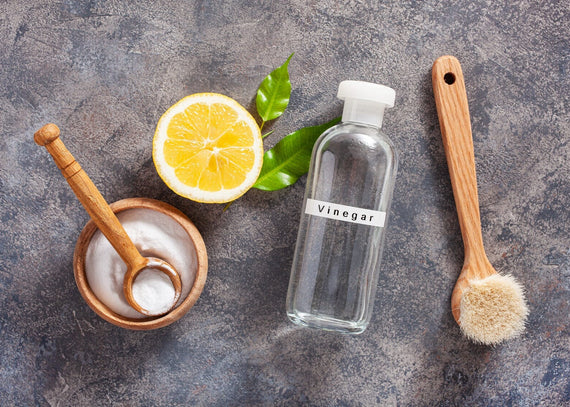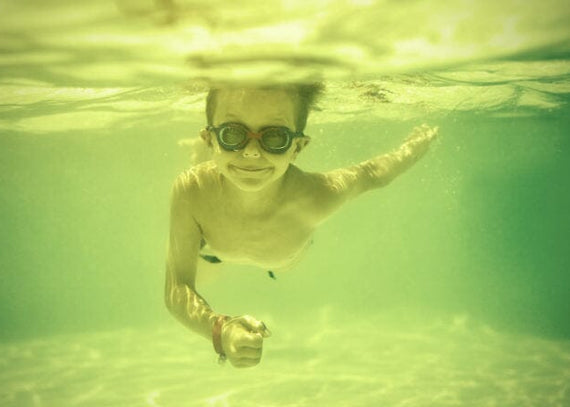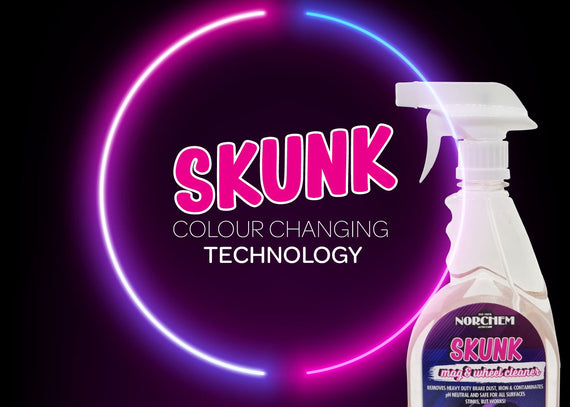Maintaining a swimming pool in the tropics can be a challenging task, as the warm and humid climate can lead to an abundance of algae, bacteria, and other contaminants. The high temperatures and humidity can also cause the chemicals in the pool to evaporate more quickly, making it difficult to maintain the ideal chemical balance. Additionally, the tropical environment can also attract a wide variety of insects and other pests, which can make it difficult to keep the pool area clean and hygienic. Here are 5 essential tips for maintaining a swimming pool in the tropics:
-
Maintaining the ideal chemical balance: One of the most important aspects of pool maintenance is regularly testing the water to ensure that the chemical balance is within safe levels. In the tropics, it is important to test the pH, chlorine, and total alkalinity levels more frequently as the warm and humid climate can cause the chemicals in the pool to evaporate more quickly. It is also important to use a high-quality pool sanitiser to combat bacteria and other contaminants. Here in-store we offer free digital water testing!
-
Combatting algae growth: Algae can thrive in warm and humid conditions, and can quickly take over a pool if not properly controlled. To combat algae growth, it is important to maintain a proper chemical balance in the pool, and to regularly clean and scrub the walls and floor of the pool. Additionally, using algaecides and phosphate removers can also help to prevent and control algae growth.
-
Dealing with insects and other pests: Mosquitoes, flies and other insects are attracted to standing water, making it difficult to keep the pool area clean and hygienic. To keep pests at bay,
it is important to use insect repellents and screens around the pool area. Additionally, keeping the pool area free of debris and standing water can also help to reduce the number of pests in the area. You can also install a pool cover to prevent insects from entering the pool when not in use.
-
Using a phosphate remover: Phosphates are a key nutrient for algae growth and can lead to rapid algae blooms and discolouration in tropical pools. By removing these phosphates, a phosphate remover can help to keep the water clean and clear, preventing algae blooms and making it easier to maintain a safe and healthy swimming environment. Additionally, phosphate remover can also improve the effectiveness of other pool chemicals, such as chlorine and algaecides, leading to a more efficient and cost-effective pool maintenance.
-
Choosing the right equipment: It is important to choose equipment that is specifically designed for use in the tropics. For example, pool pumps, filters, and heaters that are built to withstand high temperatures and humidity are ideal for tropical environments. It is also important to choose a pool cover that is designed to withstand high winds, heavy rain and UV rays.
By following these tips, you can help to maintain a clean and healthy swimming pool in the tropics, ensuring that your pool is always in top condition for your friends and family to enjoy. Regular testing, proper chemical balance, regular cleaning, and the use of appropriate equipment and chemicals are all essential for keeping a pool clean in tropical climates.




